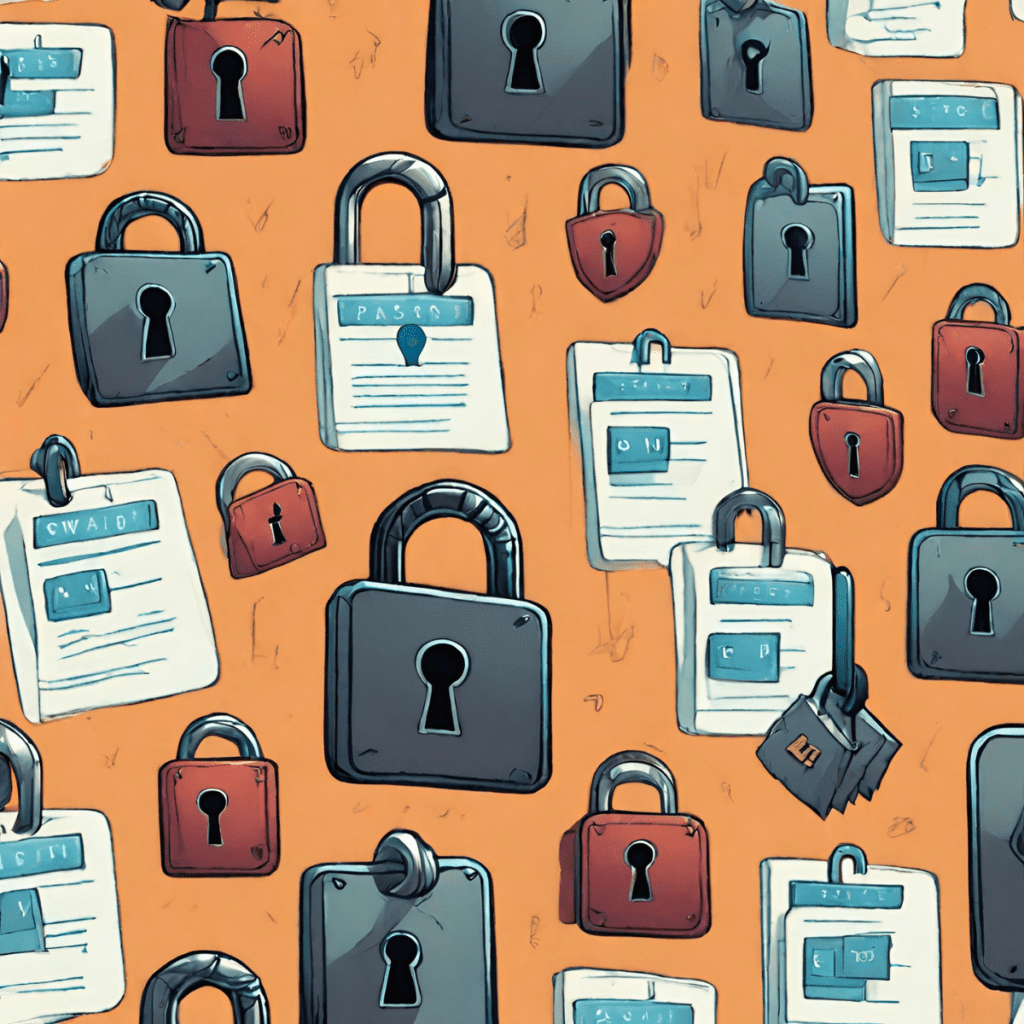Passwords: The Gatekeepers of Your Digital Life

In the digital age, passwords are the keys to our online kingdoms. From email accounts to bank statements, social media profiles to streaming services, our lives are increasingly locked away behind these often-neglected digital gates. But what happens when these gates are weak, flimsy, or worse, left wide open?
The Grim Reality of Weak Passwords
According to a recent study by NordPass, the most common passwords globally in 2023 were “123456,” “password,” and “123456789.” These predictable character combinations are like inviting a burglar for tea—a hacker’s dream come true. In fact, it only takes milliseconds for automated bots to crack simple passwords like these, leaving your personal information and online assets vulnerable to theft, manipulation, and misuse.
The Cost of a Cracked Password
The consequences of a compromise can be far-reaching. Identity theft, financial loss, reputational damage—these are just the tip of the iceberg. Imagine a hacker gaining access to your bank accounts, draining your savings, or worse, taking out loans in your name. Or picture them infiltrating your social media, sending embarrassing messages to your loved ones, or even using your platform to spread misinformation. The possibilities are terrifying, and the stakes are higher than ever. Read our previous blog regarding Protecting Personal ID here: https://csc2.co.uk/2023/09/protecting-personal-id-a-closer-look-at-data-breaches/
Building a Fortress of Strong Passwords
So, how do we fortify our digital castles and ward off these digital dragons? The answer lies in creating strong, secure passwords that are as impenetrable as possible. Here are some key principles to follow:
- Length matters: Aim for at least 12 characters, with longer being even better. The more characters, the harder it is for brute-force attacks to crack.
- Complexity is key: Mix and match uppercase and lowercase letters, numbers, and symbols. Avoid predictable patterns like sequential numbers or keyboard sequences (qwerty).
- Uniqueness is king: Don’t reuse the same password for multiple accounts. Imagine handing out the same key to all your locks—a single breach could compromise everything.
- Multi-factor authentication is your moat: Enable multi-factor authentication wherever possible, adding an extra layer of security.
Password Managers: Your Digital Squire
Remembering complex, unique passwords for every account can be a daunting task. That’s where password managers come in like trusty digital squires. These tools securely store your passwords and can even generate strong, random versions for you. Popular options include 1Password, LastPass, and Bitwarden.
Beyond the Password: Building a Culture of Security
Ultimately, password security is not just about individual responsibility. Organisations have a crucial role to play in educating their employees and customers about best practices, implementing robust security measures, and regularly updating their digital defences. Together, we can create a more secure online environment where our digital lives are protected and our passwords stand strong against the ever-evolving threats of the cyber landscape.
Remember, your passwords are the gatekeepers of your digital life. Choose them wisely, protect them vigilantly, and never underestimate their importance.
By taking these simple steps, we can all lock down our digital lives and navigate the online world with greater confidence and security.
For more information take a look at the guidance from the NCSC: https://www.ncsc.gov.uk/collection/top-tips-for-staying-secure-online/three-random-words
